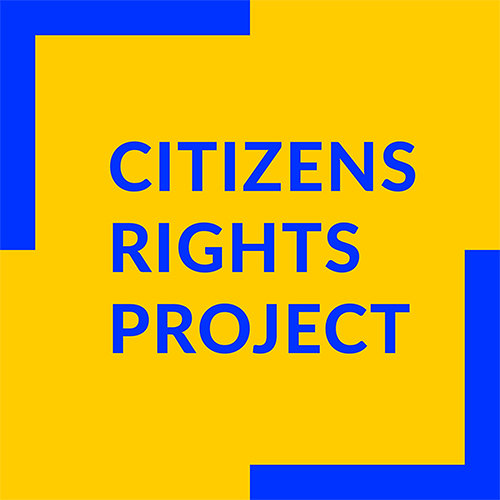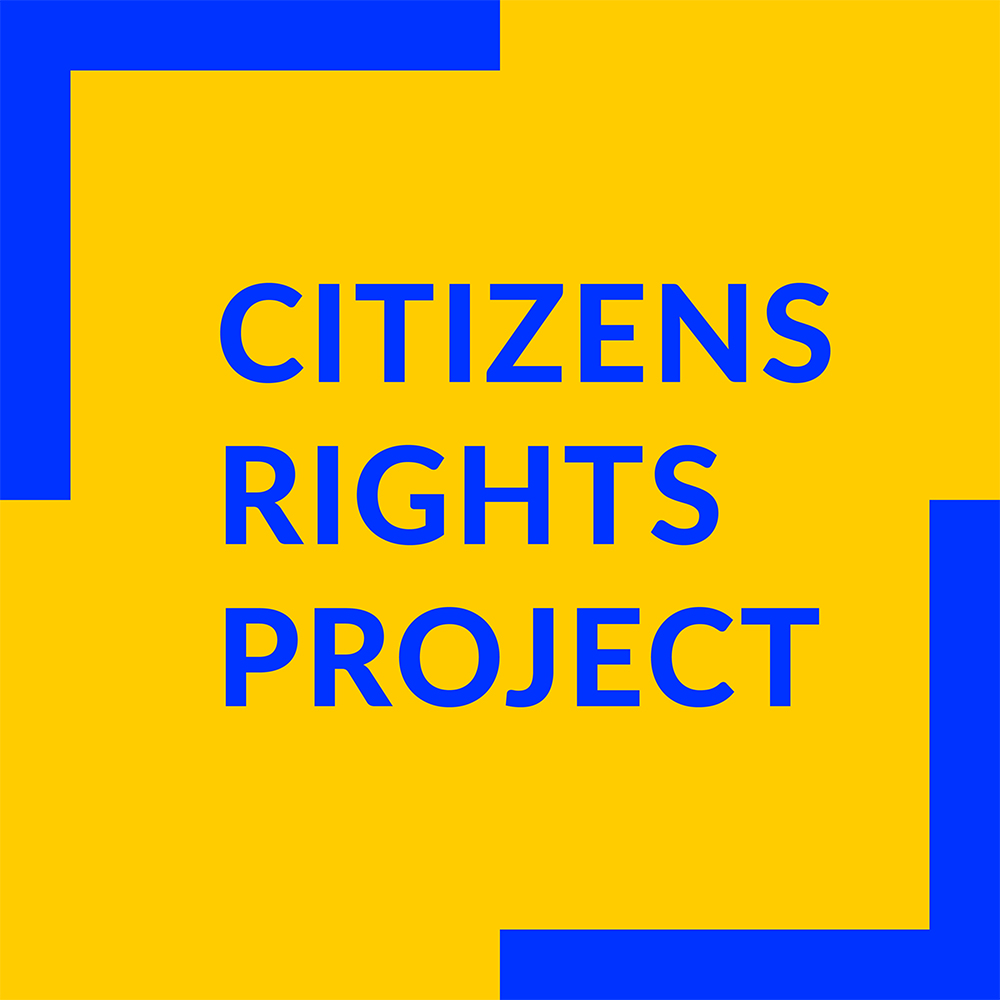Resources and information about the right to education for EU/EEA/Swiss citizens and their family members
A Child’s Right to Education
An individual’s right to education in Scotland is contained in the European Convention on Human Rights. It is expressly defined to include children under the UN Convention on the Rights of the Child.
EVERY child has the right to attend school. Parents are legally responsible for ensuring their child is educated, either by going to school or home-schooling.
- The right to quality education is a recognised right in Scotland. Children are entitled to free education between the ages of 4-18 while at primary and secondary school.
- Children are entitled to additional support provided by the school to assist their learning, if necessary, e.g., they speak little or no English.
- Children usually attend the primary or secondary school geographically closest to them. Local councils can advise where your child will usually attend school based on where they live. Follow this link for more information on your local council.
- Children over the age of 12 have the right to be involved in decisions concerning their education and the support they receive.
- Follow this link for more information on the visa requirements for enrolling your child in an independent school.
Refugee and Asylum Seeker Children
Children seeking asylum, refugee children and children subjected to immigration control are entitled to attend pre-school and school education provided by their local council. They have the same right to education as a resident Scottish child.
Local councils have a legal duty to ensure that education is available for every child of compulsory school age in their local area, regardless of any special educational needs they may have. This legal duty applies irrespective of the child’s immigration status or right of residence.
The Scottish Guardianship Service allows unaccompanied asylum-seeking children to access individualised support, including educational support, from the point of their arrival. Follow this link for more information on the Scottish Guardianship Service.
Further Education
European Settlement Scheme (EUSS)
If you are a resident of Scotland under the EUSS, you are entitled to study in Scotland without any further action (The deadline to apply for the EUSS was 30 June 2021. If you have not applied to the EUSS, you can still apply if: You or one of your family members are from the EU, Switzerland, Norway, Iceland, or Liechtenstein; you have a later deadline; you have ‘reasonable grounds’ for being unable to apply by 30 June 2021)
You can apply for further education in Scotland through the UCAS website, UCAS also offers guides on ‘how to apply’. For more specific immigration status dependent application guidance you can visit the UKCISA website.
Financial Support:
If you have settled status or pre-settled status under the EUSS you may be eligible for financial support during your course of study this includes payment (in part or fully) of fee status, tuition fee and maintenance support.
- If you hold settled status you must be able to prove you have settled status and you have lived in the UK for at least (or Islands) 3 years prior to the start of your course.
- If you have pre-settled status you must be able to prove you have pre-settled status, give evidence of your identity and prove you have lived in the UK (or Gibraltar/EU/Iceland/Liechtenstein/Norway/Switzerland) for at least 3 years prior to the start of your course.
You can apply for financial support through the Student Awards Agency Scotland (SAAS). You can apply to SAAS here.
Visas
Student Visa – you can apply for a student visa to study in the UK if you are over 16 and you; have been offered a place by a licensed student sponsor, have enough money to support yourself and pay for your course, can speak, read, write and understand English and have consent from your parents if you’re 16/17.
Follow this link for more information on visas and the EUSS from the UK Government.
Asylum Seekers
People seeking asylum are not legally restricted from accessing further education. They must meet the academic requirements to be offered a place. However, access to further education is limited due to asylum seekers’ eligibility for free tuition fees and support with travel and study costs.
Eligibility for this support is restricted to:
- A full/part time ‘English for Speakers of Other Languages (ESOL) course.
- Part-time advanced/non-advanced courses (If asylum seekers wish to attend other courses, they will be charged international student fees). Follow this link for more information on eligible courses.
Refugees/ Humanitarian Protection/ Discretionary Leave to Remain
People with refugee status, humanitarian protection or discretionary leave to remain in the UK can access further education on the same basis as Scottish residents. They are entitled to ‘domestic’ fee status and Student Award Agency for Scotland loans and bursaries. They are subject to the same conditions as other students who are residents of Scotland as long as they:
- Have been resident in the UK since they were granted the status.
- Are ordinarily resident in Scotland. Refugees are exempt from the three-year residency rule to be considered a ‘home student.’
Additional Resources
Scottish Refugee Council – https://www.scottishrefugeecouncil.org.uk/direct- support/
Study and Graduate Visas – https://www.scotland.org/study/how-to-apply/study-and-graduate-visas
UNICEF UK Report on the Right to Education – https://www.unicef.org.uk/wp-content/uploads/2018/09/UNICEF-UK-POLICY-POSITION-Scotland-1.pdf

